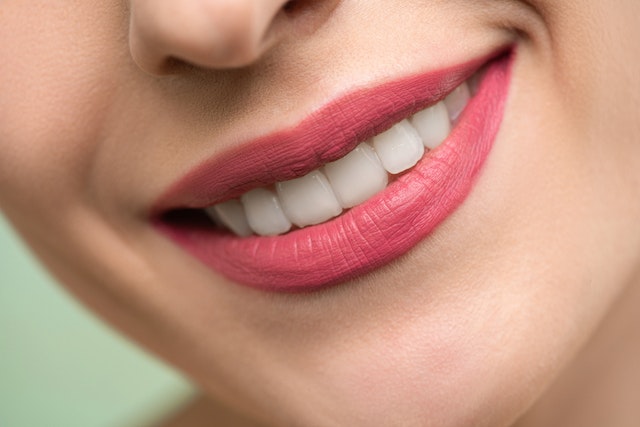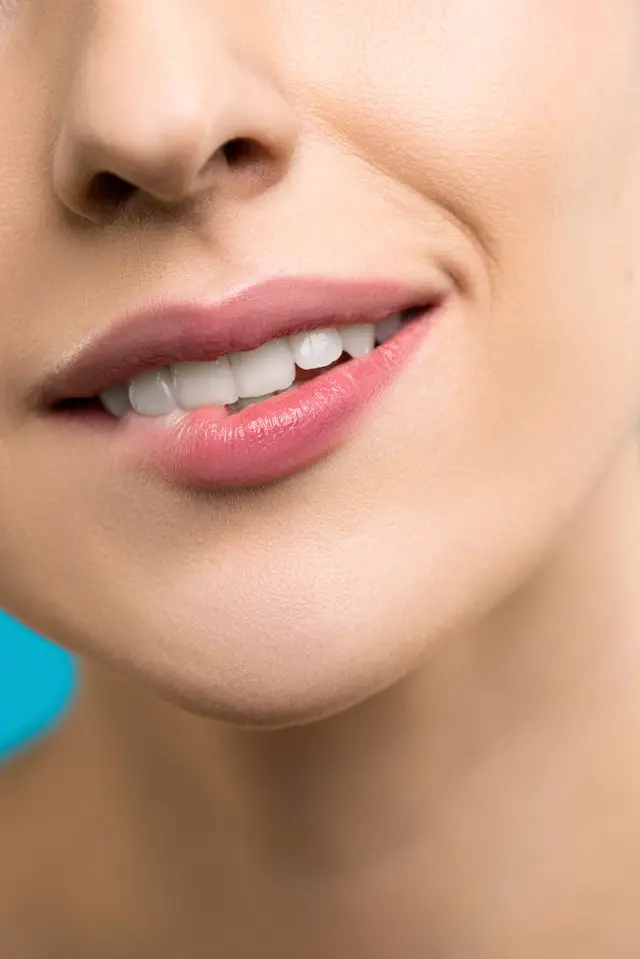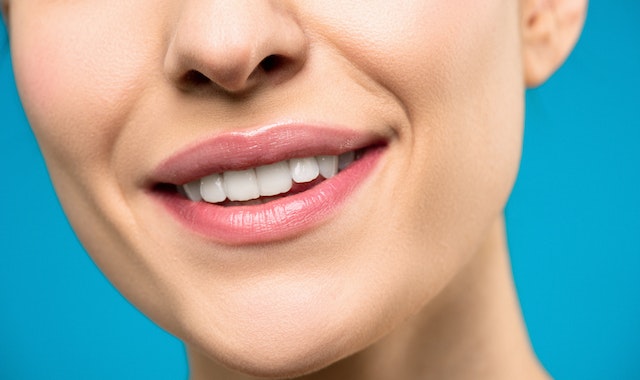
Brushing your teeth is one of the most important habits that you can have for maintaining good health.
It helps to remove bacteria, plaque and food particles from your teeth and gums, while also improving the appearance of your smile.
Unfortunately, many people do not make brushing their teeth a priority in their daily routine.
If you don’t brush your teeth regularly, you put yourself at risk for a variety of oral health complications.
In this article, we will discuss the potential consequences of not brushing your teeth and what you can do to ensure that you maintain a healthy smile.
What will happen if you don’t brush your teeth?

There are a number of potential consequences that can occur if you don’t brush your teeth on a regular basis. These includes:
Tooth decay
One of the most common consequences of not brushing your teeth is tooth decay.
This occurs when bacteria in the mouth combine with sugars and starches from food and forms a sticky film called plaque on the surface of your teeth.
Plaque can lead to cavities, which are holes in the enamel that expose the inner layers of the tooth.
Left untreated, cavities can cause pain, sensitive teeth, and infections. In severe cases, it can even lead to tooth loss.
Gum disease
Another consequence of not brushing your teeth is gum disease.
This occurs when plaque buildup irritates the gums and causes them to become inflamed and swollen.
This is often accompanied by bleeding, pain, and even loose teeth.
Gum disease can also cause bad breath, receding gums, and eventually damage to the bone around the teeth if left untreated.
Discoloration
Not brushing your teeth can also lead to discoloration of the enamel.
This can be caused by a number of factors, including drinking coffee or tea, smoking cigarettes, and eating certain foods.
If you don’t brush your teeth regularly, these substances will accumulate on the surface and cause them to become dull and discolored over time.
Bad breath
Not brushing your teeth can also lead to bad breath.
This is because bacteria and food particles accumulate on the surface of the teeth and emit an unpleasant odor. Poor oral hygiene can also lead to gum disease, which can cause bad breath as well.
- Read also: Why Does Alcohol Make You Pee? 3 Possible Reasons
- Read also: Why Does Belly Button Smell? 7 Reasons And How to Clean it
How to reverse the effects of poor oral hygiene practices?

Fortunately, there are a few actions you can take to reverse the damaging effects of poor oral hygiene.
Brush your teeth twice a day
The first step in reversing the effects of poor oral hygiene is to brush your teeth twice a day.
This will help to remove plaque, bacteria, and food particles from the surface of your teeth while also helping to prevent tooth decay and gum disease.
Be sure to use fluoride toothpaste that has been approved by the American Dental Association (ADA).
Floss regularly
You should also floss your teeth at least once a day.
This helps to remove any plaque and food particles that have accumulated between the teeth, which can help to prevent cavities and gum disease.
Be sure to use an ADA-approved floss so that it will be effective in removing plaque and debris.
Visit your dentist regularly
Finally, it is important to visit your dentist for regular check-ups and cleanings.
This will help to ensure that any problems with your teeth or gums are identified early on, so that they can be treated as soon as possible.
Your dentist can also provide you with personalized advice regarding the best techniques for brushing and flossing your teeth.
By following these simple steps, you can help to reverse the damaging effects of poor oral hygiene practices and maintain a healthy smile.
Remember to brush your teeth twice a day, floss regularly, and visit your dentist for regular check-ups and cleanings so that you can keep your mouth in tip-top
Final thoughts
It is important to take proper care of your teeth and gums in order to maintain a healthy smile.
Brushing your teeth at least twice a day, flossing regularly, and visiting the dentist for regular check-ups are all essential steps in reversing the damaging effects of poor oral hygiene practices.
With these simple habits, you can ensure that your teeth and gums remain healthy for years to come.



